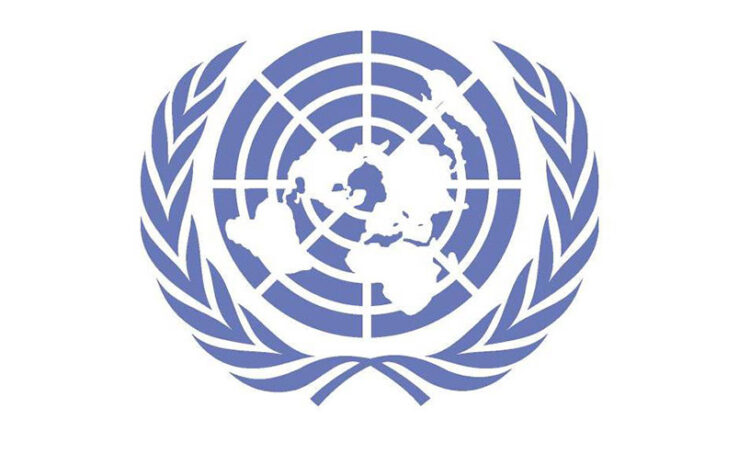
As the United Nations continues to ramp up its aid operations for Syria, HH Sheikh Mohammed Bin Rashid Al Maktoum, Vice-President and Prime Minister of the UAE and Ruler of Dubai, escorted UN Secretary General Ban Ki-Moon on a tour of the facilities at Dubai’s International Humanitarian City (IHC) where they discussed Syria and other ongoing humanitarian crises in the region. More than half the aid now being provided to Syrian refugees and displaced people is being channelled through the IHC premises in Dubai. UN agencies such as the UN High Commission for Refugees (UNHCR), the World Food Programme (WFP), the World Health Organisation (WHO) and The United Nations Children’s Fund (UNICEF) are already the largest users of the Dubai-based humanitarian logistics centre which has grown to become the biggest and busiest in the world. UNHCR alone stocks supplies to cover the needs of up to 700,000 refugees and maintains more than half of its global emergency stocks in Dubai.
As they toured the IHC premises, HH Sheikh Mohammed told the UN Secretary General, “For a decade, we have put Dubai’s expertise as a transport hub to work for people struggling to get food and shelter for their families in times of crisis. With more than half the major humanitarian crises occurring in the MENA Region, the UAE and Dubai are honoured to facilitate the work of the largest of the UN’s five humanitarian depots along with Arab and international NGOs like the Red Crescent, the Mohammed Bin Rashid Foundation and Dubai Cares. We are delighted to have you here to see these facilities first hand.”
“The International Humanitarian City, with its offices and huge warehouse complex, is a striking example of how the international community can address global aid and development challenges more effectively by closely cooperating,” said UN Secretary-General Ban Ki-moon. “I’m impressed with what I have seen and extremely grateful to Dubai and the United Arab Emirates for their generous support in helping the international community help those most in need. I share the passion of those who work at the International Humanitarian City to do the utmost to expand humanitarian efforts.”
The IHC was first established in 2003 and in 2005, received a grant of 37 million AED ($10 million) from HH Sheikh Mohammed and private Dubai corporate sources. It now houses nine UN agencies and more than 40 NGOs and corporate entities who have over 270 staff in new office and warehouse facilities in Jebel Ali. The premises are strategically situated between Jebel Ali Port and Al Maktoum International Airport where cargo traffic rose 177 percent last year. IHC members maintain stocks of food, vehicles, water purifiers, tents, communications equipment and medicines — all critical for aid operations. In addition, the premises are used as a training and conference center and houses operational offices for the United Nations, Arab and international NGOs, and businesses supplying aid agencies. It also provides temporary offices to UN members when staff are evacuated during conflicts. Aid from the IHC is shipped primarily to eastern and southern Africa and Asia, though it has been sent as far away as Haiti after the major earthquake there in 2010. UN Messenger of Peace HRH Princess Haya Bint Al Hussein, wife of HH Sheikh Mohammed Bin Rashid Al Maktoum, has served as Chairperson of the IHC since 2007.
The IHC has an annual budget of 16million AED (US$ 4.3million) and is part of the United Arab Emirates’ ongoing expansion of its development assistance. All told, the UAE provided 7.74 billion AED ($2.11 billion) in foreign aid in 2011, more than double the amount provided in 2010.